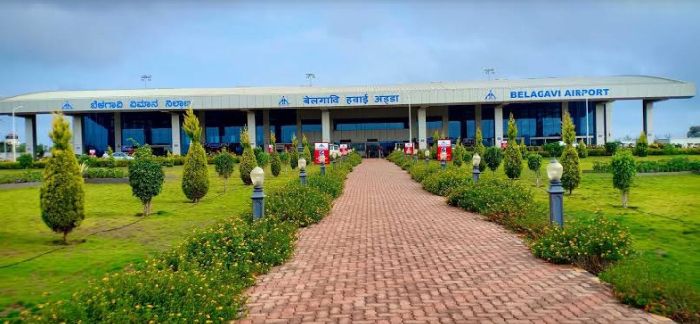Bengaluru, May 3: Senior Congress leader Ghulam Nabi Azad on Thursday quashed the allegations made by the Bharatiya Janata Party (BJP) that he was seeking consolidation of Muslim votes in favour of his party in poll-bound Karnataka.
Talking to media, the Congress leader said, "I didn't hold any public meeting especially for Muslims, it was just a public meeting. I challenge, if anyone meeting the EC officials has video or audio of mine saying 'vote in name of Islam', then I will resign as Parliament member and leader of the opposition. Or those leaders from the BJP, who had approached the EC, should accept my challenge and resign from their respective posts if proved wrong."
"I have asked secular parties to come together. I have not used 'Musalman ikatha ho jao', 'Islam khatre me hai or Islam ke naam pe vote de do' terms during my speech," he added.
Earlier in the day, BJP spokesperson Sambit Patra claimed that senior Congress leaders Mallikarjun Kharge and Ghulam Nabi Azad, in a public rally, had openly asked Muslims in Karnataka to vote for the Congress party en masse.
"Is this an agenda of development, or is this a communal agenda? It is starkly clear that this is a communal agenda, we have complained to the Election Commission. Law will, of course, take its course but people of this country and people of Karnataka are extremely intelligent to see through this," he said.
A political slugfest has erupted as the Karnataka assembly elections are slated on May 12 to elect its representatives for the 225-member assembly. The results will be out on May 15.







Comments
BJP to its chamcha Sambid Patra appointed as Director in ONGC, whereas he is not well qualified for this post. Now he want to become Chairman of ONGC. To be his party happy, he is passing derogatory remarks against BJP's enemy party INC.
Add new comment